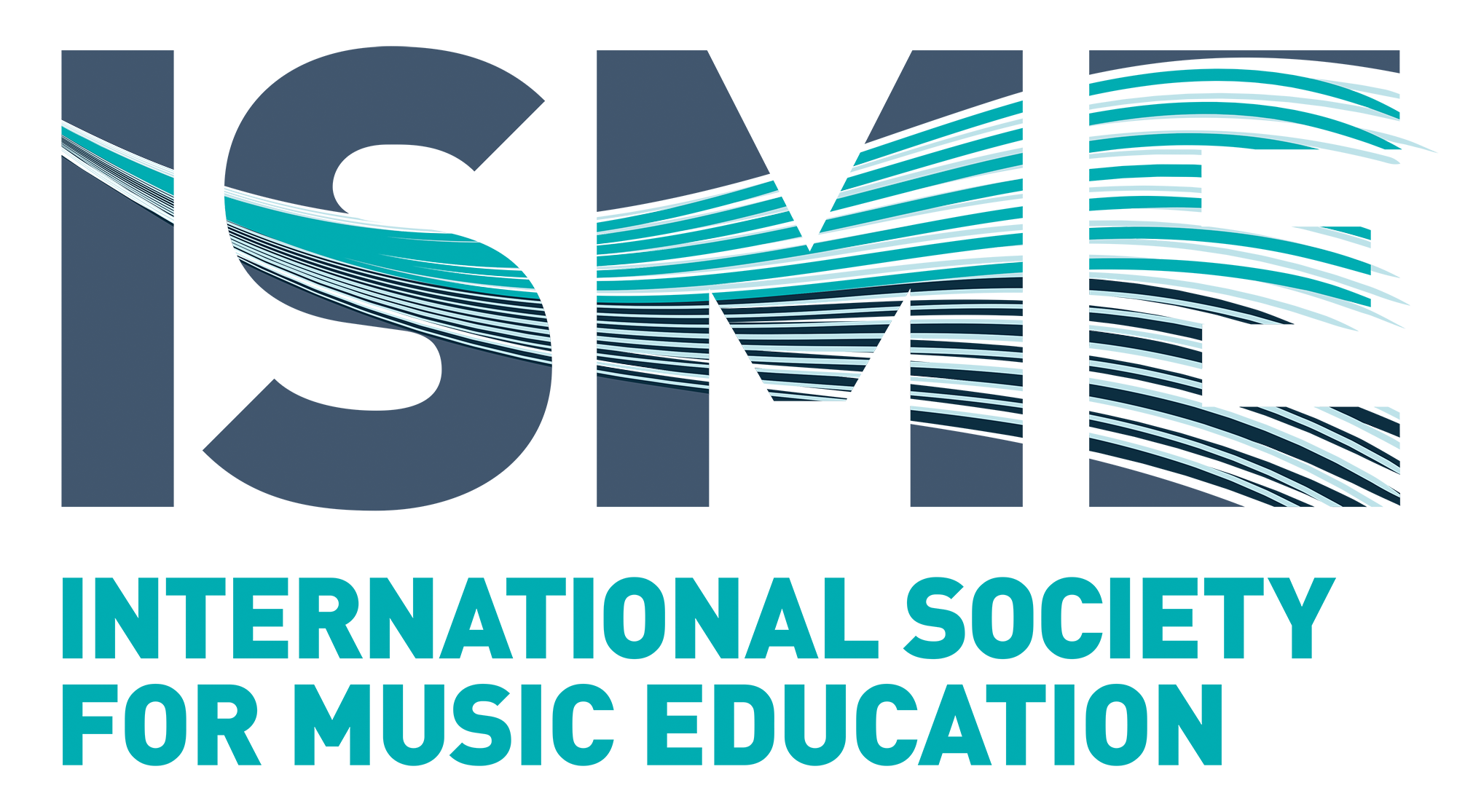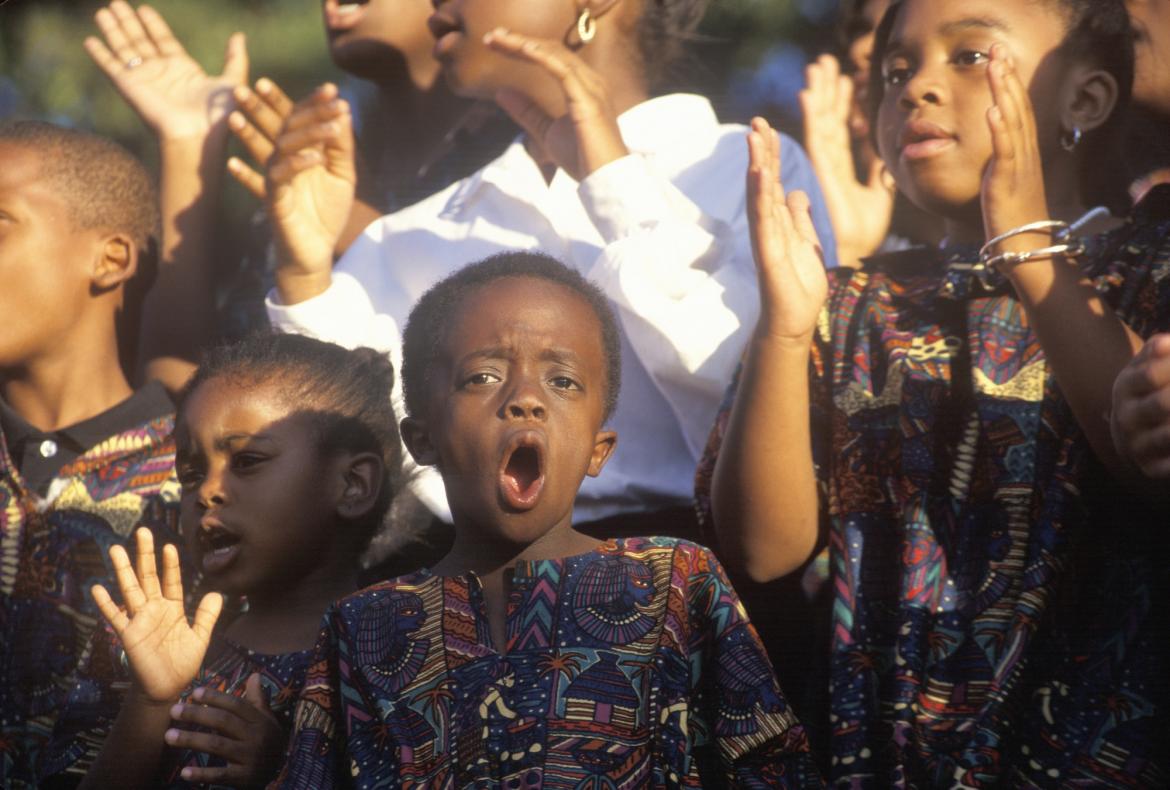First Phase
The African Music Education Project started in 2013 in Kenya, South Africa and Zambia. Focusing on selected schools in the three countries, the first Phase was primarily a baseline survey that served to determine the presence and types of music activities in primary schools in East and Southern Africa, with emphasis on what children did in the name of music or music education. The specific objective for this Phase was to enhance children’s participation in music and other activities, premised on the assumption that music, being a socialising activity, would draw learners to be more active. The focus was on lower primary school, the initial years of schooling, elsewhere called Foundation Phase.
This survey established the following:
1. Music in the curriculum: Each country has music stated as a curricular subject. It is a composite creative subject, where the practice of music does not reflect what the curriculum anticipates.
2. Teacher profile: Two things stand out: a teacher’s ability is marked by limited musical knowledge, with generalist teachers handling music in class, whilst their attitude portrays marked misconception regarding their music ability, with the notion that music can be taught by some people who can play piano, although most are enthusiastic to use music in their teaching.
3. Resources: There’s a general lack of adequate resources, occasioned by limited funding for music (and other arts) and lack of skills to adapt what is available for classroom use.
4. Learning activities: In these countries, music is primarily conceptualized as singing, and so songs and dances abound in school. Since they are poorly resourced, the actual transfer of music knowledge through teaching is minimal.
5. Teacher and learner response: There is goodwill from teachers to have music entrenched in the curriculum. Pupils are interested in music study and performance, and teachers indicate a desire for the integration of music in all areas of learning.
6. Impact and value: Music is valued for facilitating wider learning. This creates a need for the training of specialist teachers of music, or teachers with skills to use music in education. It also creates a need for the provision of readily usable resources.
Second Phase
This ran from September 2013 – April 2014. From the baseline survey, it emerged that there was enthusiasm about the use of music in school. This was however not always matched by skills or administrative goodwill and related support. In order to provide for the successful teaching of music knowledge and skills, it appeared necessary to empower teachers through training and the provision of teaching resources. This called for the development of social-culturally relevant resources that would appeal to the experiences of the learners and respond to the curriculum needs. To this end, the research team proposed to develop a manual to guide the use of the resources in relevant learning activities in order to support the learning of music concepts. The team would then advocate for the appropriation of the developed model for the rest of Africa. Following a warm reception by ISME Board, the above purpose was streamlined to fit within available resources. A full report of this project can be downloaded from this page.
A third phase is in development.












